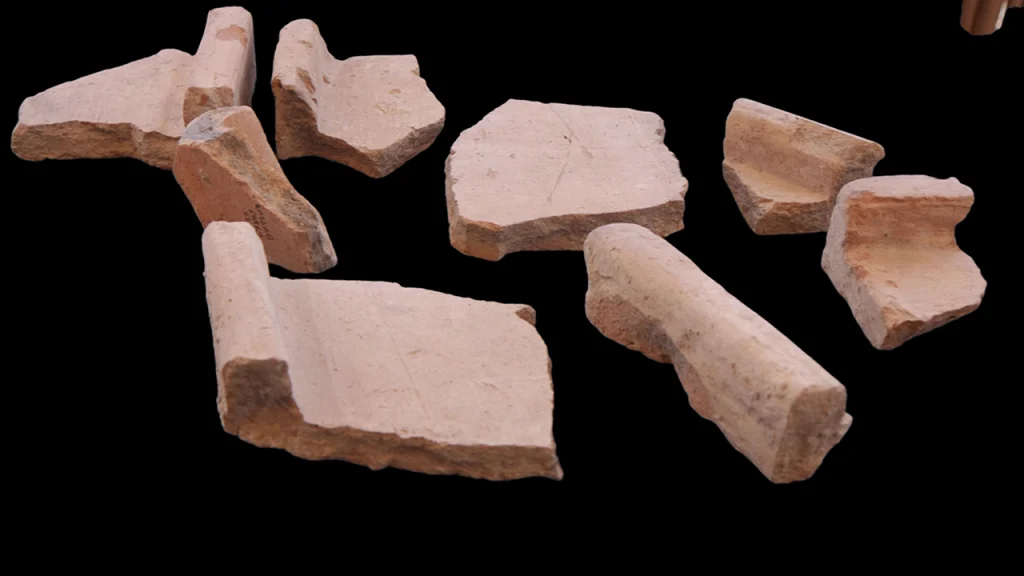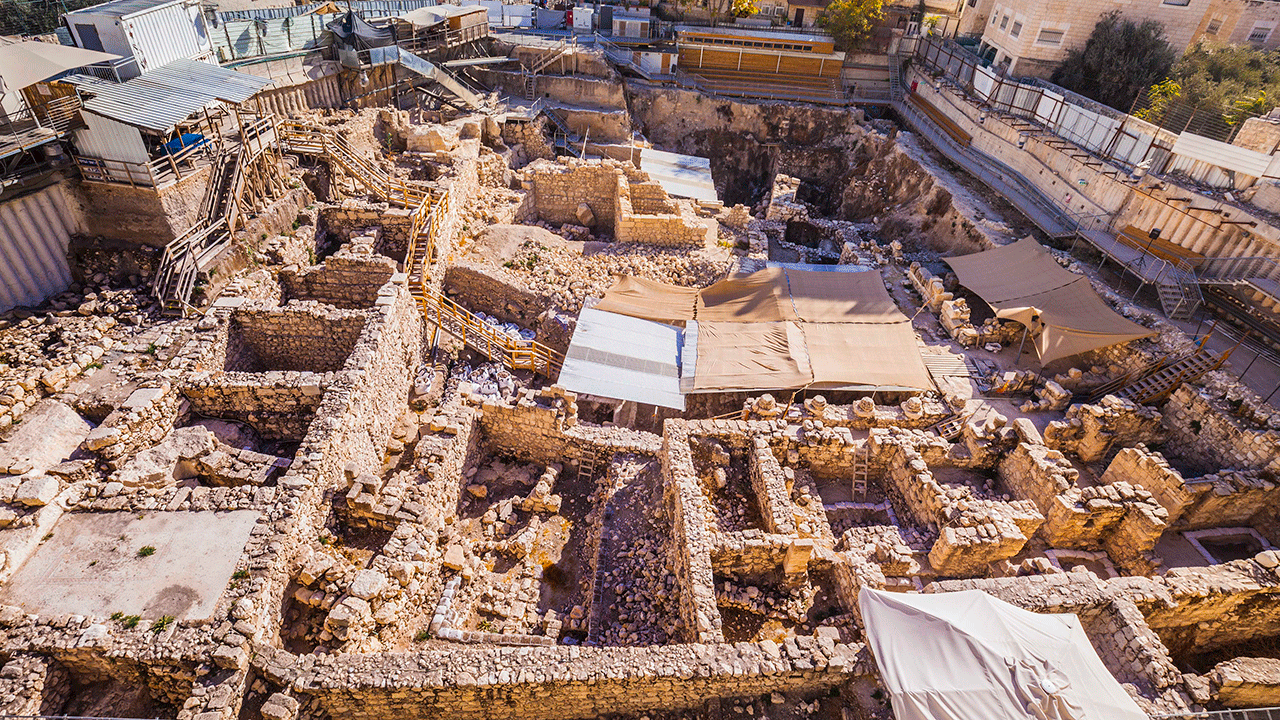A new discovery in the City of David has provided tangible evidence of the Greek presence in Jerusalem’s history.
According to foxnews.com, 16 pieces of ceramic roof tiles were recently discovered during excavations by the Israel Antiquities Authority and Tel Aviv University and they date back to the time of Greek Seleucid King Antiochus IV Epiphanes.
The findings, published in the Journal of Hellenistic Pottery, align with the historical account of Antiochus IV spreading Greek culture, enforcing Hellenistic views, and desecrating the sacred temple, leading to the Maccabean revolt.
“These roof tiles, or at least modern roof tiles, were invented in the seventh century B.C., in the middle of Greece itself, and then spread around the world, but never to the Middle East,” Dr Filip Vukosavović told Fox News.
The inception of ceramic roofing tiles took place in Greece. In Israel, however, these tiles were not used until many centuries later.

Researchers utilised stratigraphy to identify the roof tiles from the relevant time period. Additionally, a petrography analysis was conducted, confirming the local origin of the clay from the Motza area west of Jerusalem, supplemented with locally sourced sand and straw.
The discovery provides material proof of a story often told.
According to Dr Vukosavović, the first book of Maccabees describes the arrival of the Greeks, Antiochus IV and the struggle. There were also tradition talks much later about the defilement of the temple and the miracle of the oil and eight days. However, there was never real material proof for the presence of the Greeks themselves.
Source: Fox news
